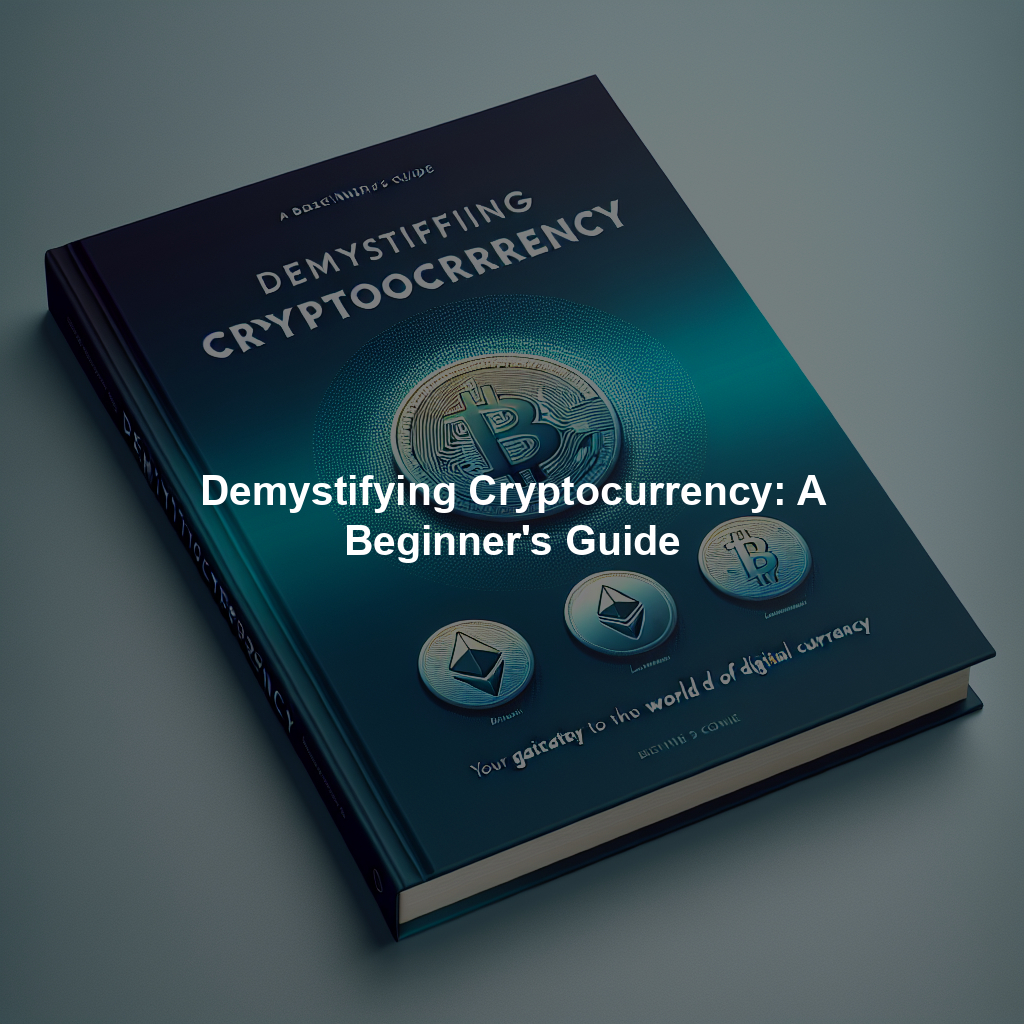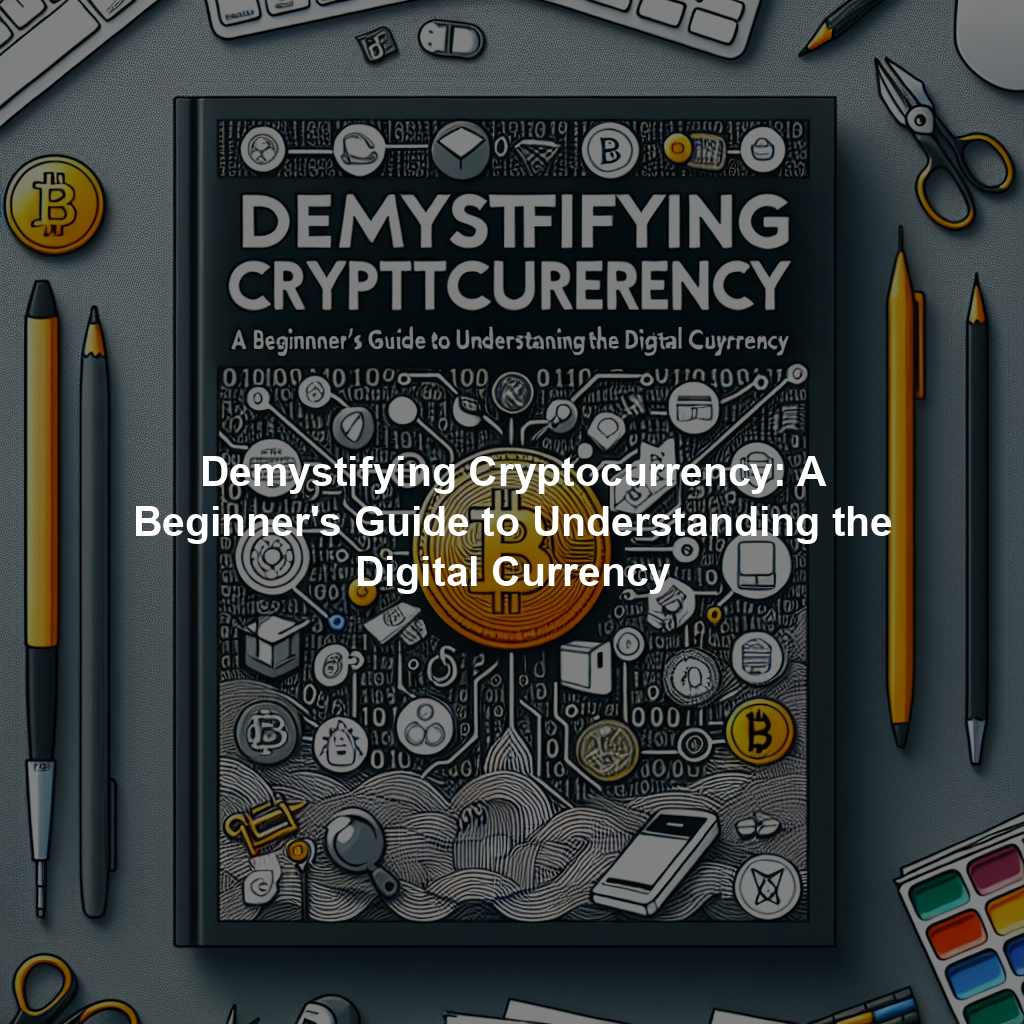Understanding the Concept of DAO in Cryptocurrency: A Comprehensive Guide
Decentralized Autonomous Organizations (DAOs) have been gaining significant attention in the world of cryptocurrency and blockchain technology. These organizations are disrupting traditional centralized structures by enabling a new way of organizing and governing communities. In this comprehensive guide, we will delve into the concept of DAOs, how they work, their benefits, and potential challenges.
What is a DAO?
A DAO is a type of organization that operates through rules encoded as computer programs called smart contracts. These smart contracts are stored on a blockchain, ensuring transparency and immutability. DAOs do not have a central authority or hierarchy; instead, decision-making processes are decentralized and automated.
How does a DAO work?
Members of a DAO hold voting power based on the number of tokens they own. Decisions within the organization are made through a voting process, where members propose and vote on various proposals. These proposals can range from funding projects to changing the organization’s governance structure.
Once a proposal is approved through a majority vote, the smart contract executes the decision automatically. This eliminates the need for intermediaries or third parties, ensuring a transparent and efficient decision-making process.
Benefits of DAOs
1. Decentralization: DAOs empower individuals to participate in decision-making processes without relying on centralized authorities.
2. Transparency: All transactions and decisions within a DAO are recorded on the blockchain, ensuring transparency and accountability.
3. Efficiency: Automated execution of decisions through smart contracts eliminates the need for manual intervention, streamlining processes.
4. Inclusivity: Anyone can join a DAO and participate in decision-making, regardless of geographical location or background.
Challenges of DAOs
1. Security vulnerabilities: DAOs are susceptible to hacking and exploitation due to their reliance on smart contracts. Ensuring robust security measures is essential to protect the organization’s funds and assets.
2. Legal and regulatory challenges: The decentralized nature of DAOs poses challenges in terms of compliance with existing legal frameworks. Clarifying the legal status of DAOs is crucial for their widespread adoption.
3. Governance issues: Balancing decentralization with effective governance structures can be challenging. Ensuring fair and transparent decision-making processes is essential for the long-term success of a DAO.
In conclusion, DAOs represent a groundbreaking innovation in the world of cryptocurrency and blockchain technology. By enabling decentralized decision-making and governance, DAOs offer a new paradigm for organizing communities and businesses. While challenges exist, the potential benefits of DAOs are significant, paving the way for a more inclusive and transparent future.


